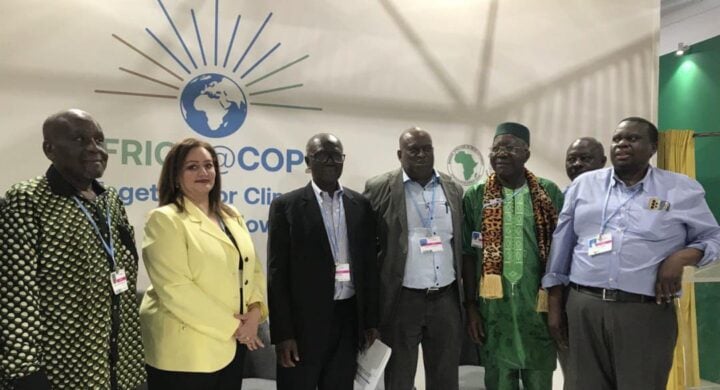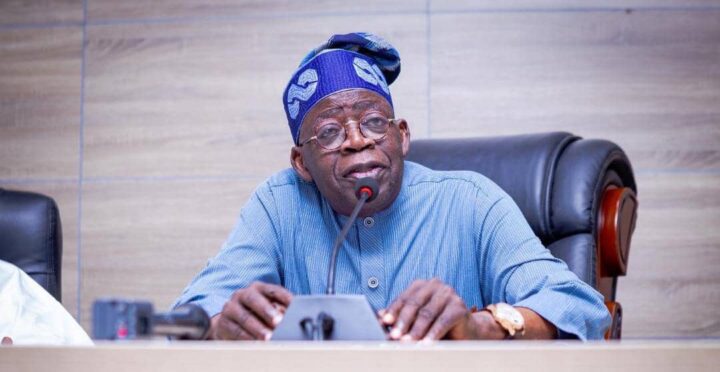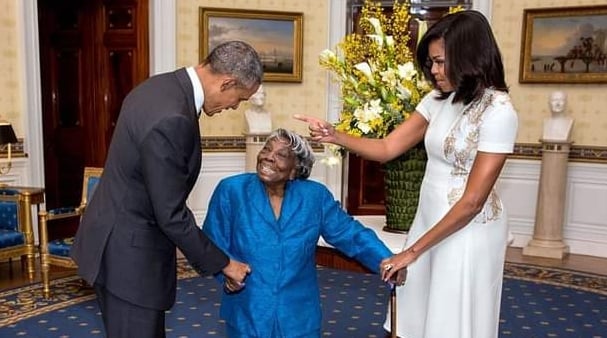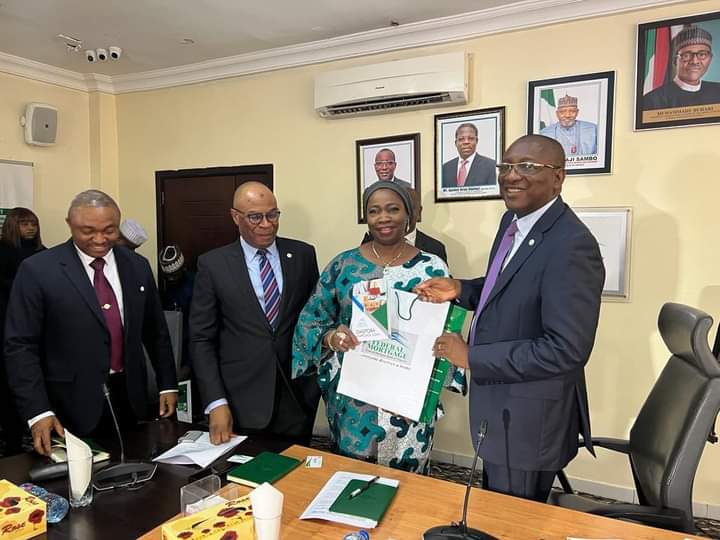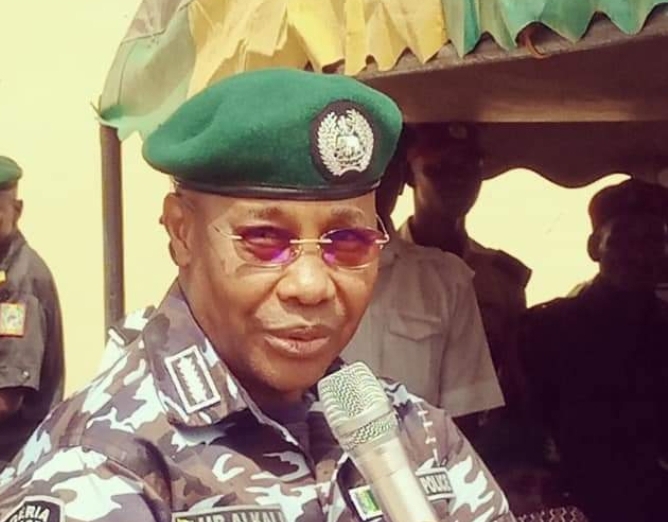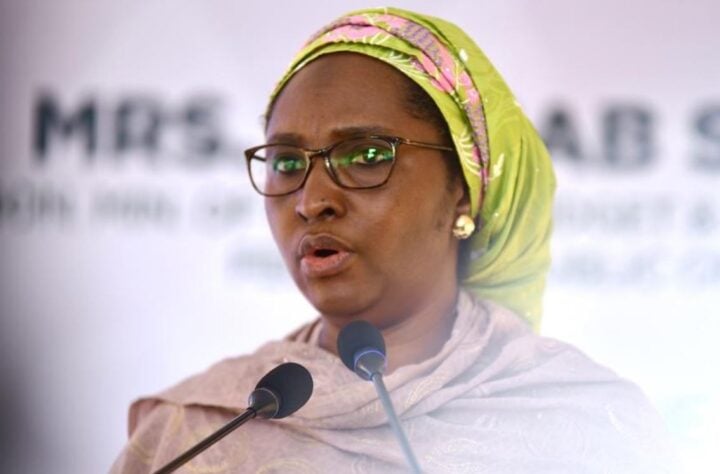The African Group of Negotiators (AGN) says the negotiations have been difficult at the 27th edition of the UN climate change conference (COP27).
Seth Osefa, legal adviser for the group, said this on Tuesday during a media briefing at the African pavilion.
The AGN “was established at COP1 in Berlin, Germany in 1995 as an alliance of African member states that represents the interests of the region in the international climate change negotiations, with a common and unified voice”.
Speaking at the briefing, Osefa said it has been difficult to convince developed countries to provide financing to help developing countries adapt.
Advertisement
“Well, you know, this is negotiations and when you negotiate, you need consensus at the end of the day,” he said.
“I must say that the negotiations have been difficult. When you talk about finance, it is basically the developed countries that provide that funding.
“And if they are not ready or willing, it becomes a great problem and look at the global crisis that we have now. It’s not easy to get developed countries to give money for climate change. They give something but their own situations are such that it’s not easy for them to provide the resources that we need.
Advertisement
“As far as finance is concerned, to get the developed countries who provide the bulk of the support to agree to provide for that is a challenge.”
Osefa, however, said the global situation is part of what is making the negotiations tough, given the challenges facing developed countries.
“Look at what is happening in the developed countries themselves. In the UK, in the States and in Europe, it’s not easy,” he said.
“But then, they have made a pledge, and all we are saying is that you made a pledge in 2009 that from 2020 you will provide $100 billion a year to support developing countries to meet climate change challenges. That money is not coming.”
Advertisement
‘OUR ECONOMIES DEPEND ON FOSSIL FUELS’
Osefa told TheCable that there have been hiccups as it relates to negotiations on adaptation finance, agriculture, loss, damage, as well as debates on just transition.
He said developed countries cannot tell Africa to cut off fossil fuels without providing finance for transition because African economies depend on fossils.
“And then also, I think the other issue is that we find that they are not giving attention to adaptation as they give to mitigation. Let there be a balance. Give money for adaptation, give money for mitigation activities, possibly at the same level, then it will enable us to meet adaptation,” he said.
Advertisement
“Agriculture has got a very checkered road in this process. There was a time when some parties would not even want to hear about it. And then when it was accepted, they were talking more about mitigation.
“Our economies depend on the production and use of fossil fuels. So, we need to make the transition gradually. It cannot just say that ‘look, cut off’, and then we are done.
Advertisement
“You see, it will affect our economies adversely. We are not saying it is not done, but let’s say that putting in place solar, and we all agree we have gotten a lot of the sun in Africa, and we ought to make use of it — but then it requires investment in terms of resources.
“And that transition will not happen today or tomorrow unless we are supported financially to be able to do that. So, this is also part of the debate.”
Advertisement
‘COP BECOMING CONFERENCE OF PLEDGES WITHOUT FOLLOW-THROUGH’
A document seen by TheCable, which was released by the technical team of the AGN, suggests that the United Nations climate change conference “is becoming a pledging conference without follow-through”.
Advertisement
According to the statement, there has been more focus on the decisions on the communication of efforts rather than on decision that facilitates implementation.
The group said some parties are using the mitigation work programme to undermine the bottom-up nature of Africa’s nationally determined contributions (NDCs), adding that financing must be provided for existing NDCs.
Giving further details on the progress so far, the statement added that the conference might spill over into next week because various aspects of work in the technical phase remain unresolved.
“Some important issues for Africa (special issues and circumstances, as well as the agenda on doubling of adaptation finance, could not be included in the agenda),” the statement reads.
On Tuesday, as ministers began convening for the high-level ministerial roundtable, the AGN technical team advised that African ministers should speak with one voice and insist on resolving outstanding issues.
This report was published with support from Climate Tracker
Add a comment
